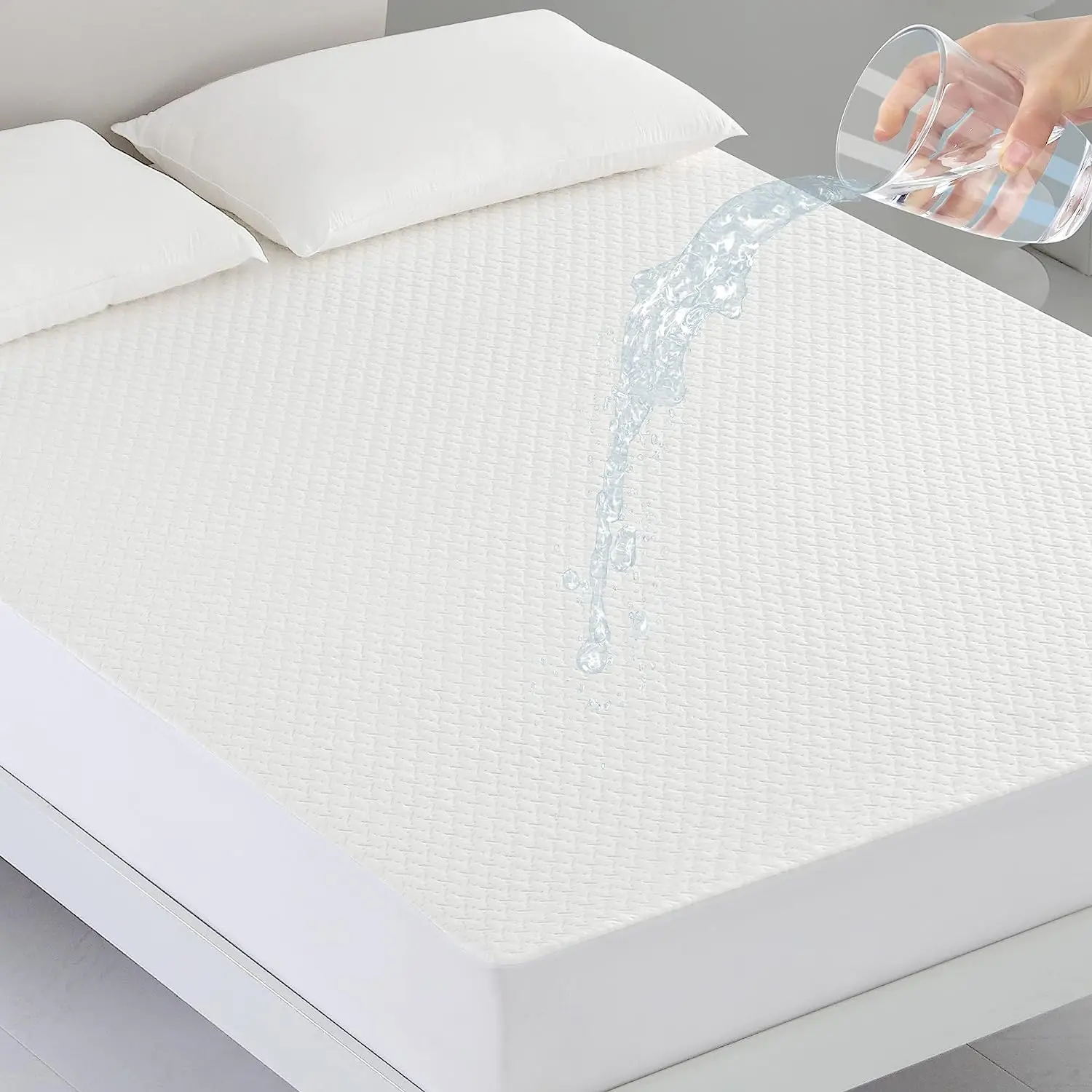cotton bath towel factories
Cotton Bath Towel Factories An Overview of the Industry
Cotton bath towels are a staple in every household, providing comfort and warmth after a shower or bath. The demand for high-quality cotton towels has led to the establishment of numerous factories worldwide, focusing on the production of these essential textiles. This article delves into the features of cotton bath towel factories, their manufacturing processes, sustainability practices, and the significance of quality in the industry.
Understanding Cotton Bath Towels
Cotton is the most popular material for bath towels due to its absorbent properties, softness, and durability. There are various types of cotton used in towel production, including Egyptian cotton, Pima cotton, and organic cotton. Each type offers distinct advantages, such as superior absorbency and a luxurious feel. The choice of cotton directly impacts the quality and performance of the final product.
As laid-back lifestyle choices evolve, so too do consumer preferences. Shoppers today are increasingly seeking eco-friendly, organic, and sustainably sourced products, influencing cotton bath towel factories to adopt greener practices. These shifts have led to innovations in how towels are produced, bringing both challenges and opportunities for industry players.
The Manufacturing Process
The manufacturing process of cotton bath towels typically involves several steps
1. Sourcing Raw Materials Factories begin with sourcing high-quality cotton yarn or fiber. The cotton is graded based on softness, length, and strength, which significantly influences the quality of the finished towels.
2. Spinning Raw cotton fibers are cleaned, combed, and spun into yarn. This stage is crucial as it determines the thickness and texture of the yarn, affecting the softness and absorbency of the towels.
3. Weaving/Knitting The spun yarn is then woven or knitted into fabric. Different weaving techniques, such as terry cloth or velour, produce various textures and capacities for moisture absorption. The choice here is vital, as it defines the towel's functionality.
4. Dyeing and Finishing After the fabric is woven, it is dyed according to color specifications and then finished to enhance qualities like softness, absorbency, and resistance to wear. This stage may include treatments to reduce lint, prevent fading, or impart antibacterial properties.
cotton bath towel factories

5. Cutting and Sewing Once the fabric is complete, it is cut to size and sewn into the final towel shape. Factories may produce a range of sizes and designs to meet consumer demands, from standard bath towels to oversized beach towels.
6. Quality Control Finally, thorough quality checks are conducted to ensure that every towel meets industry standards. This stage includes inspections for defects, ensuring that customers receive only the best products.
Sustainability in Production
With heightened awareness of environmental issues, many cotton bath towel factories are pivoting towards sustainable practices. This includes sourcing organic cotton, which is grown without harmful pesticides and synthetic fertilizers, thereby reducing chemical runoff and soil degradation. Moreover, factories are adopting water-saving technologies in dyeing processes and implementing recycling systems for waste materials.
Sustainable factories also consider the entire supply chain, from farmer to retailer, ensuring that ethical practices are followed throughout. This transparency not only appeals to eco-conscious consumers but also enhances brand loyalty.
The Importance of Quality
In the competitive market of bath towels, quality is a key differentiator. High-quality cotton towels offer superior absorbency, durability, and comfort, which can significantly enhance the user experience. Factories focusing on quality often invest in advanced manufacturing technologies and skilled labor, ensuring the highest standards in production.
Furthermore, the rise of e-commerce has made it easier for consumers to compare products based on quality and price, intensifying competition. Consequently, factories that prioritize quality over cheaper alternatives often build a reputable brand recognized for excellence, attracting loyal customers.
Conclusion
Cotton bath towel factories play a critical role in fulfilling the everyday needs of consumers. As trends shift towards sustainability and quality, factories must evolve to stay competitive, balancing efficiency with ethical practices. By committing to high standards, both in the materials used and the processes employed, these manufacturers not only cater to consumer demands but also contribute positively to the environment. The future of cotton bath towels looks promising, driven by innovation and a commitment to quality and sustainability.
-
Hotel Textiles: The Backbone of Luxurious HospitalityNewsJul.15,2025
-
Exploring the World of Home Fashion TextilesNewsJul.15,2025
-
Bedding Textiles: The Perfect Blend of Comfort and StyleNewsJul.15,2025
-
Baby Accessories for Newborns: Essential Items for Your Little OneNewsJul.15,2025
-
Airplane Comfort Accessories: Enhance Your Travel ExperienceNewsJul.15,2025
-
Air Travel Blanket: The Ultimate Comfort for Your JourneyNewsJul.15,2025
- Product Categories
- • Hospital Used Fire Retardant Bedding
- • Hotel Textiles
- • Airline Textiles
- • Hometextiles
- • Infant Cloth
- Quick Links
- • Home
- • Products
- • About us
- • News
- • Contact
- Contact Us
-
Tel: +8631187701449
-
Fax: +86 311 8770 1444
-
E-mail: sale@hometex-suntex.com




